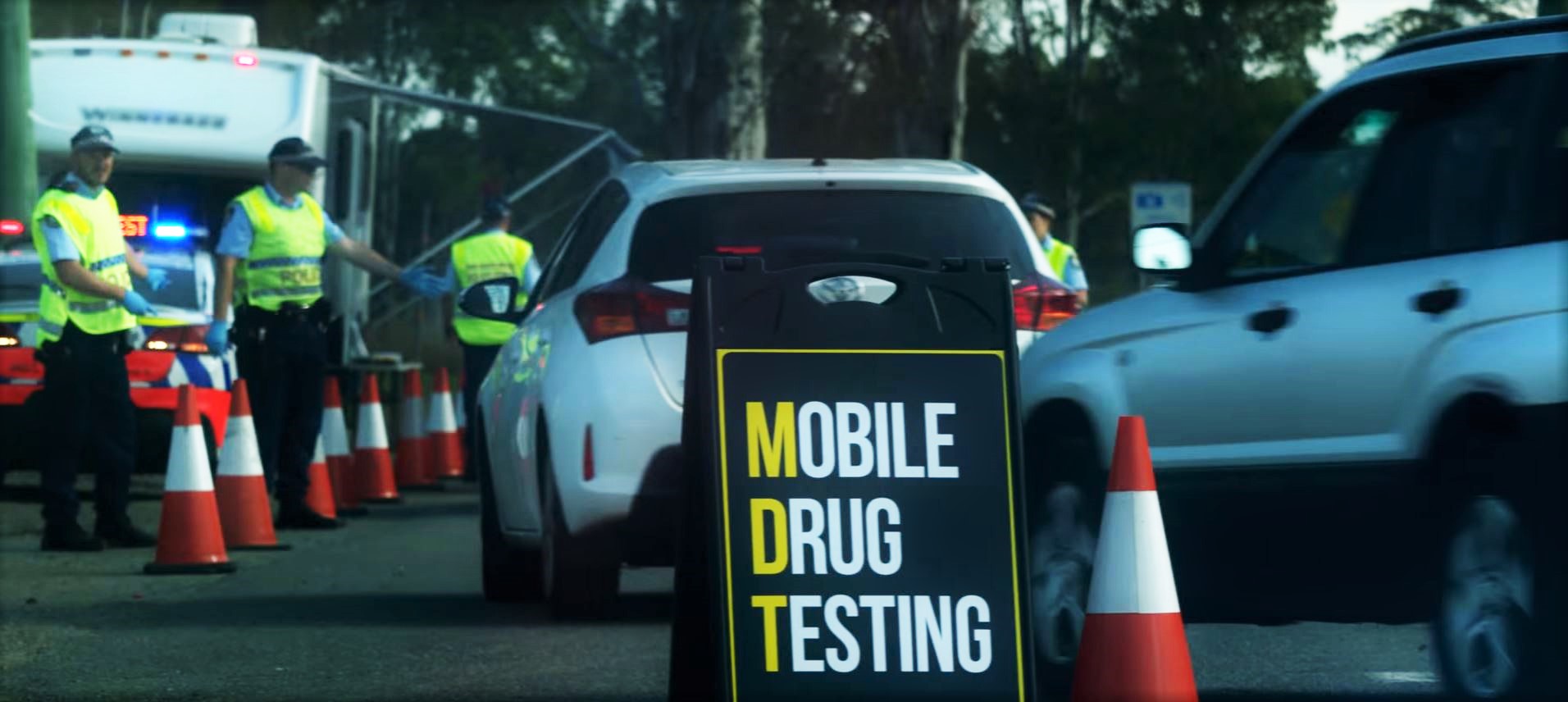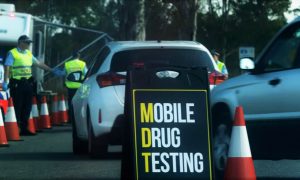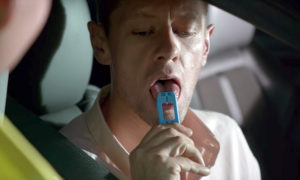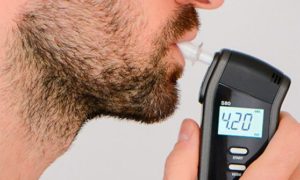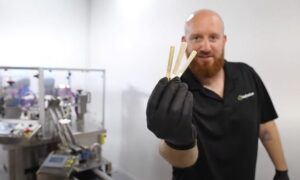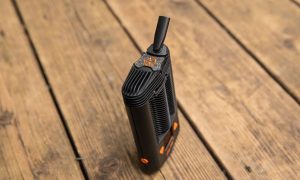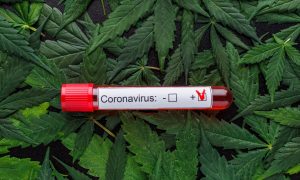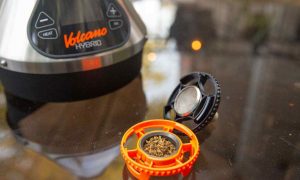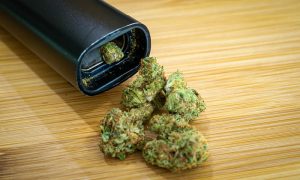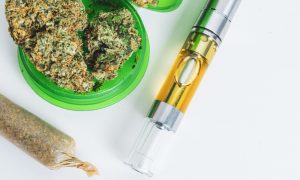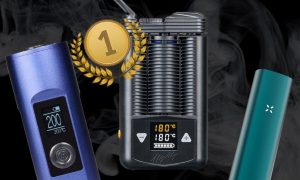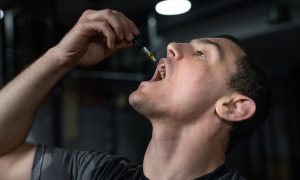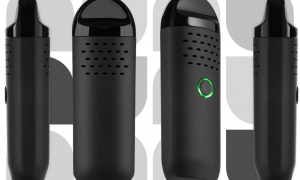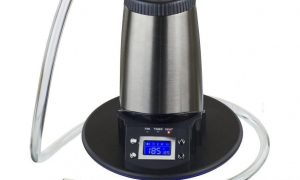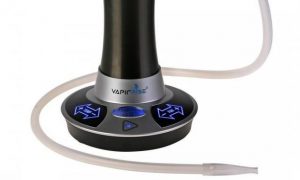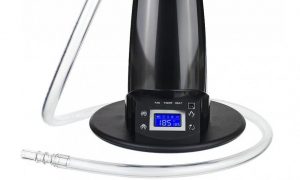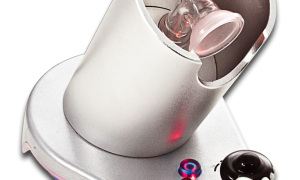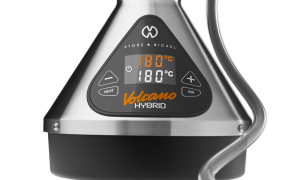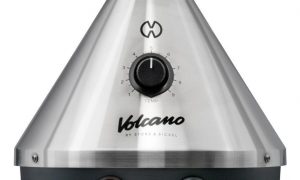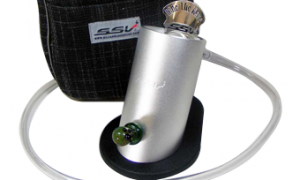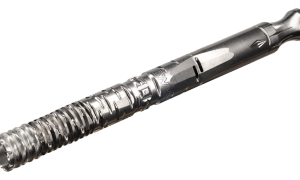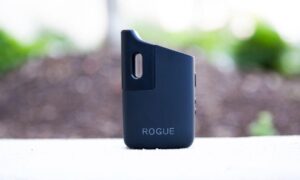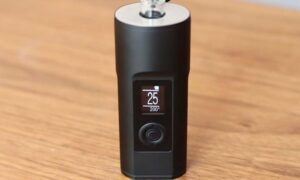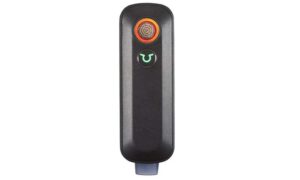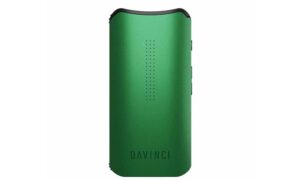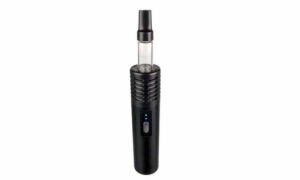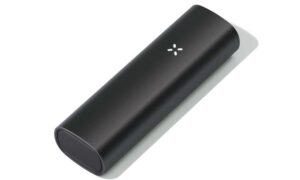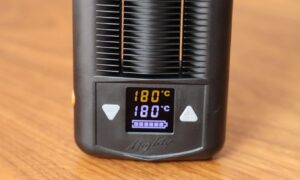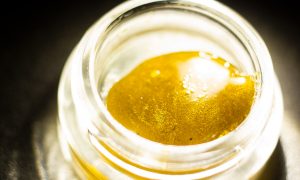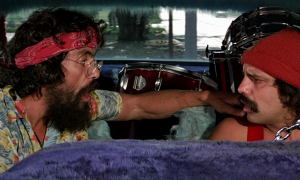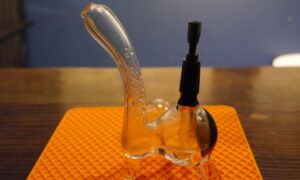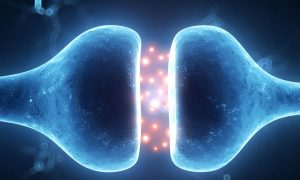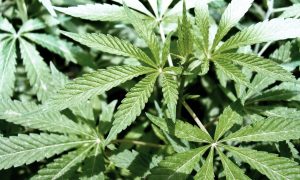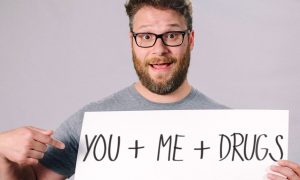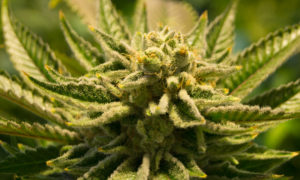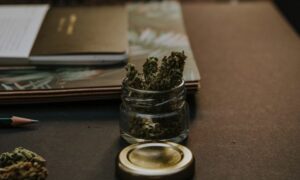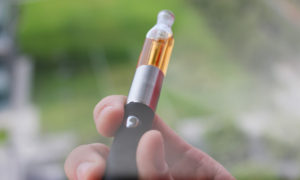Or, buy two bottles of high-voltage detox saliva cleanser mouthwash + four drug tests for $240 here.
—
Last week, the Dopamine team hit up The Forresters in Surry Hills to see NSW Greens MP David Shoebridge give a speech about the rise of roadside drug tests in the state.
Our writer Arms had the chance to chat with Shoebridge, who is known for his Sniff Off Facebook Page and strong stance against sniffer dogs.
Arms reports:
The NSW Government has more than tripled the amount of roadside drug tests (RDTs) in the state from an average of 32,000 a year to 97,000 by 2017.
Drug testing is no clean-cut issue, but, as David Shoebridge pointed out in his speech, some serious problems with the current method are having Australians increasingly concerned.
At the heart of this is the nature of the test itself, which detects the presence of cannabis, MDMA and amphetamines in saliva. What the test cannot do is determine the impairment of the driver as a result of that presence.
The problem here is that many innocent people are being convicted on drug-driving charges for the presence of the drug in their system when they weren’t impared.
Shoebridge has taken a strong position against the current RDT scheme, and claims there are other motives at heart.
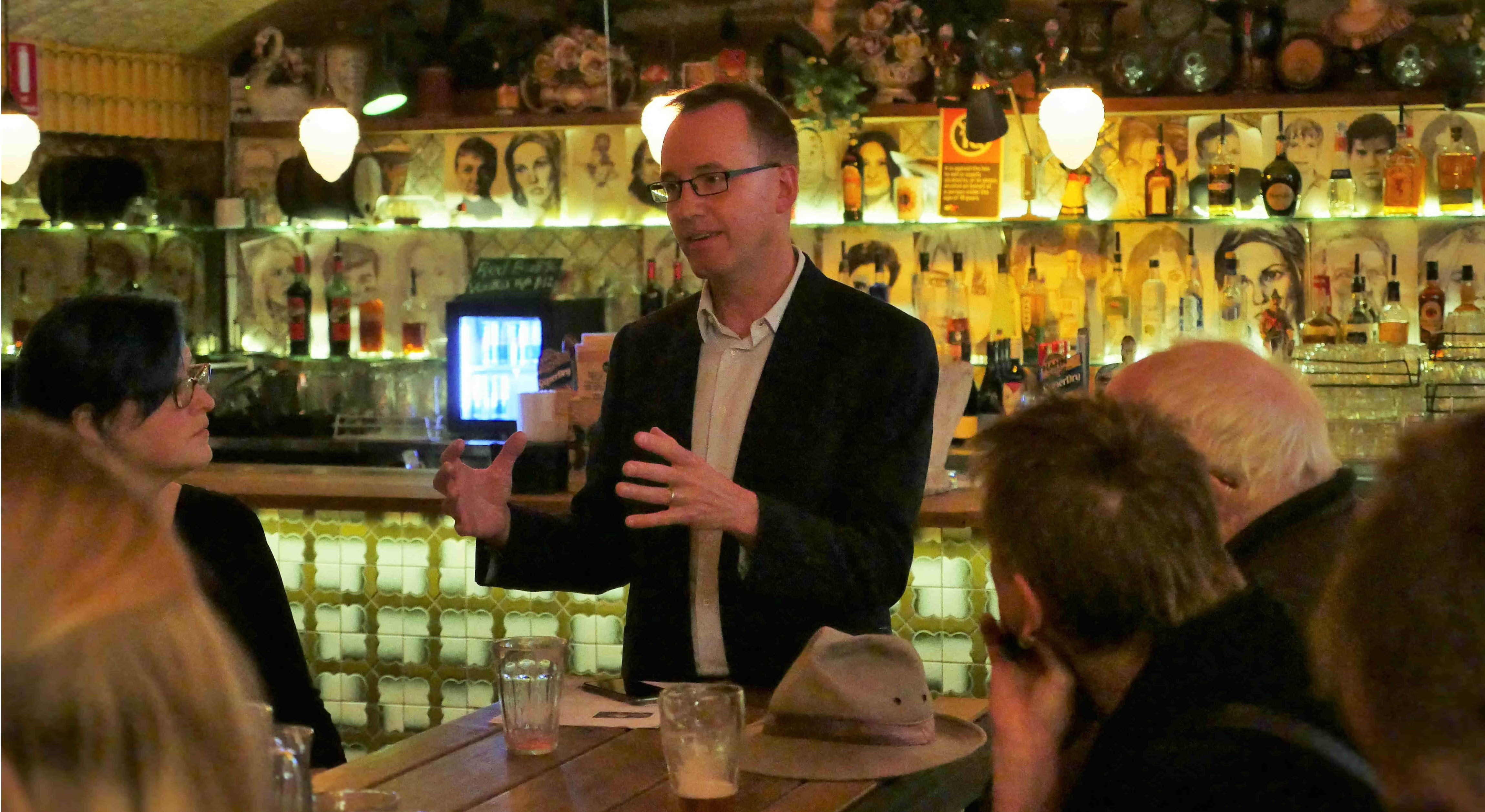
Greens MP and Spokesperson for Justice David Shoebridge
“They are not interested in looking at impairment and they won’t even acknowledge it as a problem,” he said. “They are perfectly happy to be running this as a zero-tolerance approach, unrelated to road safety, actually being about catching people who use drugs – that’s all they want.”
He says this desire to crush cannabis culture in NSW is part of a conservative approach to drug policy by the current NSW government based on personal beliefs.
“They have deep religious convictions which inform a lot of their politics and part of that is a serious intolerance towards anybody who they see taking an illegal drug. They’re offended at the concept that there’s a large percentage of the population who use cannabis. They don’t understand it. They think it’s strange and different and they want to do everything they can to stamp it out.”
Northern NSW is the area most heavily affected by the changes. Not only is this impacting on the residents of this region, but the courts as well are bearing the burden.
“When we went to Lismore Court, not only the magistrate but the police and other litigants were extremely frustrated. There were serious domestic violence cases where they couldn’t get hearing time.”
Another concerning feature of the scheme is that it’s discriminatory. The tests look for weed, MDMA and speed, but they are not testing for cocaine and benzodiazepines, which have been shown to have a high presence in motor accidents in the UK. Roads minister Duncan Gay responded to questioning in parliament saying, “We use our equipment to the best of the ability of that equipment,” – though Shoebridge says the Dräger unit that police use has the capability to test for these substances.
So what we’re seeing here is the expansion of an RDT program focused on specific areas, that only targets three drugs (the cheap, common ones), and doesn’t measure the impairment of a driver. One that sees drug users with sometimes trace amounts in their system convicted – having serious impacts on their lives.
There is an obvious problem here, but what is the solution? Road safety is still important, but so is the protection of innocent citizens from discriminatory and inaccurate testing. When asked about a solution, Shoebridge suggested we adopt the model currently used in the UK.
“They’re testing across the board of the drugs that commonly are found to impair driving but they’re testing at an impairment-based level, and that’s what we should do. It doesn’t matter whether the drug is legal or illegal – if it’s impairing your driving, test for that level… What we have got is a zero tolerance drugs campaign dressed up as a road-safety campaign.”
There is a petition calling for an end to evidence-free roadside drug testing, and you can find it here.

